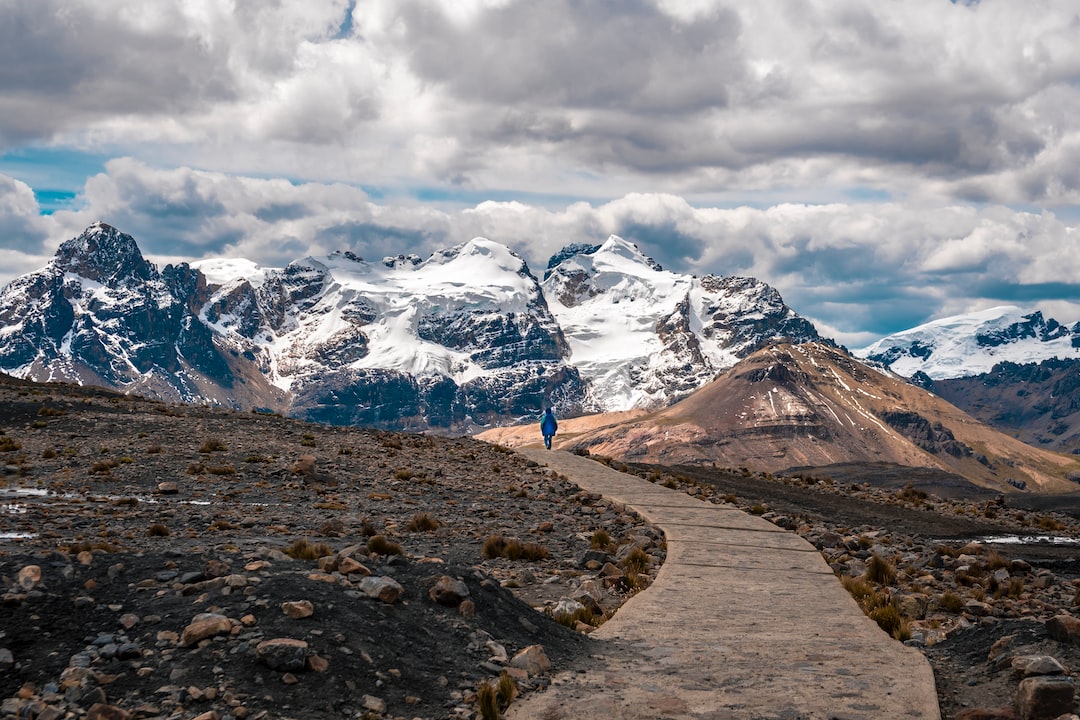Discover the Wonders of Wildlife through Eco-Tourism
In a fast-paced world filled with concrete jungles and technological advancements, it’s easy to forget the beauty and wonders that the natural world has to offer. However, through eco-tourism, we can reconnect with nature and marvel at the breathtaking wildlife that inhabits our planet. This blog post will delve into the various aspects of eco-tourism and how it allows us to appreciate and protect the diverse wildlife that surrounds us.
Eco-tourism, also known as ecological tourism, is a form of travel that focuses on exploring natural environments while minimizing environmental impact and supporting conservation efforts. It aims to educate and raise awareness about local ecosystems and wildlife, while also benefiting local communities economically. By engaging in eco-tourism activities, travelers have the opportunity to witness firsthand the wonders of wildlife in their natural habitats.
One of the main attractions of eco-tourism is the opportunity to observe rare and endangered species. From the majestic elephants of Africa to the elusive snow leopards of the Himalayas, eco-tourism provides a platform for individuals to experience these creatures up close while ensuring their protection. Many eco-tourism initiatives work closely with local conservation organizations to promote responsible viewing practices, ensuring that wildlife is not disturbed or harmed in any way. By adhering to these guidelines, tourists can witness incredible animal behaviors without disrupting or endangering their natural habitats.
Through eco-tourism, travelers can also actively contribute to conservation efforts and the preservation of wildlife. Many eco-tourism destinations reinvest a portion of their profits into local conservation projects, aiding in the protection of habitats and endangered species. By choosing eco-friendly tour operators and accommodations, visitors can directly support these initiatives, making their travel experience not only memorable but also meaningful. This way, eco-tourism acts as a sustainable endeavor that benefits both the ecotourists and the environment.
Another facet of eco-tourism is education. By engaging in eco-tourism activities, travelers gain a deeper understanding of local ecosystems, the delicate balance of wildlife, and the crucial role humans play in their safeguarding. Guided by knowledgeable local experts, tourists learn about the intricacies of different species, their behaviors, and their roles within the ecosystem. This firsthand experience instills a sense of responsibility and motivates individuals to act as stewards of the environment, even after their travels have concluded.
Moreover, eco-tourism provides economic opportunities for local communities, leading to the development of sustainable livelihoods. By participating in eco-tourism activities, travelers directly contribute to the welfare of these communities, thereby reducing their reliance on environmentally harmful practices such as deforestation or poaching. The economic benefit and awareness created through eco-tourism play a vital role in convincing locals to actively protect the wildlife and natural resources around them.
To ensure the long-term success of eco-tourism, it is crucial to strike a balance between enjoying wildlife and preserving their habitats. Implementing sustainable practices, such as limited visitor capacities, controlled access to sensitive areas, and encouraging responsible tourism behavior, is crucial in safeguarding the ecosystems from negative impacts. By prioritizing conservation over commercialization, eco-tourism can fulfill its potential as a tool to protect wildlife and their habitats for generations to come.
In conclusion, eco-tourism allows us to reconnect with nature and marvel at the wonders of wildlife while actively contributing to their conservation. By promoting responsible tourism practices, educating visitors, and supporting local communities, eco-tourism functions as a catalyst for protecting vulnerable species and their habitats. So, the next time you plan your trip, consider embarking on an eco-tourism adventure and discover the awe-inspiring beauty of wildlife in its natural environment.

